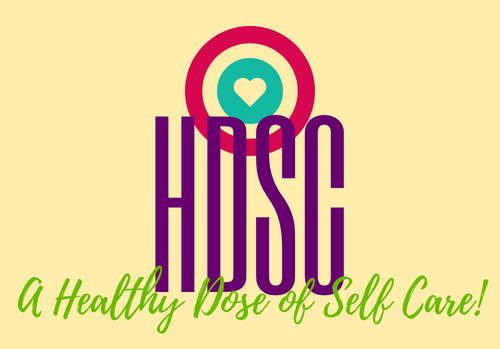If you have ever felt a sudden rush of anxiety and worry, combining mental and physical symptoms of terror, then you likely were experiencing a panic attack. These attacks can be attributed to many things. Things from generalized anxiety disorder (GAD) to a highly stressful situation that brought on the panic attack. Some people experience them acutely, while others have chronic panic attacks. They can come on typically with no warning and no triggers. While you can’t always prevent them, it is possible to learn techniques that help put a stop to them.
How You Know You Are Having a Panic Attack
It is important to first understand what the signs and symptoms are for a panic attack. Knowing them will tell you if that is exactly what you are experiencing. It helps you to recognize the signs early so you can start implementing some of these strategies quickly. This can help you to put a stop to the panic attack before it progresses, since it can tend to worsen over time. Here are some different symptoms you might experience:
- Chest Pain
- Tunnel vision
- Dizziness or lightheadedness
- Fight or flight
- Fear of losing control
- Racing heartbeat
- Flushes or chills
- Sweating
- Tingling in the extremities
- Twitching or trembling muscles
- Feeling like you aren’t real
- Flushed face
- Fear of dying
Symptoms Are Similar to a Heart Attack
Many people mistake the symptoms of a panic attack with a heart attack since they are very similar. Panic attacks can induce chest pains and dizziness. The problem with this is that even if you know you are having a panic attack, you have the intense worry that it could lead to a heart attack. This, of course, then worsens the symptoms of the panic attack, making you feel like it is leading to a heart attack. The circle can continue unless you are able to put a stop to it.
How to Stop a Panic Attack
Now let’s go over some different methods for getting rid of a panic attack. You should first understand that not every method will work for every individual. You might find other coping mechanisms that work better for you. These are simply suggestions based on a combination of tips from professionals and things others have done to help reduce their attacks.
Practice Breathing Exercises
Many people swear by doing breathing exercises in order to stop a panic attack. These panic attacks often make you feel like you are losing control and that you can’t breathe in and out properly. You will need to inhale and exhale, focusing only on your breathing. Try deep, slow inhales of breath and keep your mouth closed. Then open your mouth and exhale. This simple breathing exercises allows your mind to focus on the oxygen and not the worried thoughts.
Just Say NO
Coping words and statements are very helpful for someone with a panic attack, especially early on when you start experiencing the first symptoms. If you are someone with an anxiety disorder that leads to frequent panic attacks, it is really important to come up with a coping word or phrase that you use as soon as you feel it coming on. It is meant to get you back to reality and let you understand it is a panic attack your mind has created, not a stroke or a heart attack. Many people will shout the word NO or STOP, while others tell themselves it will be okay, that it is not real.
Count Backwards From 100
When you are mid-panic attack, saying the coping phrase might not work at this point. This is when you need to get your mind to a more relaxed state. One way to do that is to focus on something that distracts you, such as counting backwards from 100. This can be helpful when you are in a situation where having a full-blown panic attack could be dangerous, such as if you are currently driving a vehicle. Before you can pull over, you need to make yourself safe, so counting backward from 100 can be useful.
Distract Yourself
Find something that will distract you from the worried thoughts and feelings, whether that is listening to music, watching a movie or television show, or talking to someone on the phone. This can take a little more time finding what helps you the most.
Continue learning about panic attacks and anxiety so that you can find a good treatment option that is best for you and prevent them from happening.



